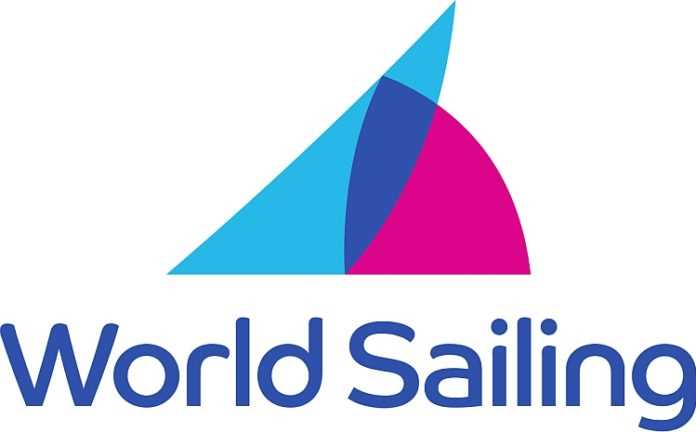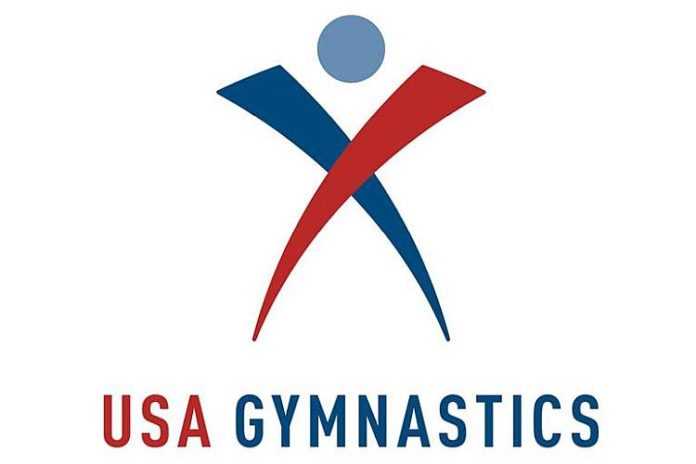The plague of high costs which has confounded the International Olympic Committee, especially in attracting cities to host the Olympic Winter Games is spreading to other sports, most notably track & field.
It’s true that we’re talking millions vs. billions, but did you know that the 2021 and 2023 IAAF World Track & Field Championships are slated to cost $85.6 million and than about $111 million?
Also true.
As a part of the process for the State of Oregon’s $10 million grant to the event, through the Oregon Tourism Commission, the agreement between the state and the Oregon 21 organizing committee was made public and published by the Eugene Register-Guard. The budget exhibit shows a projected spend of $85.59 million:
∙ $16.76 million: Administration and prize money
∙ $20.81 million: Operations, including athlete travel & housing
∙ $12.45 million: Marketing costs
∙ $ 3.88 million: Protocol and ceremonies
∙ $ 3.47 million: Facilities, including temporary seating
∙ $ 2.32 million: Competition support and training sites
∙ $ 1.07 million: Medical and doping control
∙ $ 6.10 million: Press operations and technical support
∙ $14.20 million: Television production
∙ $ 0.09 million: Telecommunications
∙ $ 4.00 million: Contingency
∙ $ 0.45 million: Legacy
The grand total is $85,589,975 for a 10-day event. This will be financed by:
∙ $51.00 million: Public funds, sponsorships, foundation grants
∙ $18.04 million: Tickets, merchandise and concession sales
∙ $16.55 million: IAAF contribution and other items
Let’s note from the start that the IAAF is paying, according to the document, enough to cover the $7.2 million in prize money and for a chunk of the athlete travel and housing (or part of the TV production costs) depending on how you want to allot their payment. Removing that means that the Oregon folks must raise about $69 million from local sponsorships, public funds and ticket sales. The ticketing program will be fascinating, as the new Hayward Field will be stretched to fit 30,000 spectators, which after removing seats for athletes, officials and news media, will leave less than 25,000 for sale.
There were 15 sessions at the 2017 IAAF Worlds in London, so if the schedule in 2021 were similar, there would be about 375,000 tickets available for sale across the entire event. At an average of $50 apiece, and if every ticket were sold, the yield is $18.75 million, right in line with their budget. Look for a higher average price, which would include corporate hospitality service, and at a $75 average, the take is $28.1 million.
Because of the shortage of hotel rooms in the Eugene-Springfield area, spectators coming from out of town are going to have to stay as far away as Portland – a two-hour drive in good conditions – so combination admission tickets and bus transfers could drive the average session price to more than $100 (per session, not per day!).
That’s going to be needed if Oregon21 does not get the $40 million it is seeking from the state, of which it has the agreement for $10 million.
And then there is the question of Nike, which is NOT an IAAF sponsor for the 2017 and 2019 Worlds – ASICS is the IAAF partner for those – but 2021 has been left open (so far) and Nike could come in and help the organizing committee if it chose to. But that deal is not done yet.
The moral of all this: $85.6 million in a lot of money to put on a track meet. There are costs that could be shaved; quite possibly $5-7 million, maybe as much as $10 million. But it’s still a lot.
But that’s the price for 2021 and it’s going up. There are no financial statements – transparency anyone? – from the 2017 World Championships in London, but the cost was reported around in the $80 million range. Doha (QAT), the site of the 2019 IAAF Championships, offered the IAAF a package of about $236 million for the 2017 event, but got 2019 instead. Its offer was $80 million to organize the event, another $120 million to renovate its Al Khalifa stadium complex, an IAAF sponsorship and a television rights fee for Qatar for $29 million and payment of the $7 million in prize money.
And just in time for 2019, lo and behold, the IAAF announced a 2018-22 sponsorship with the Qatar National Bank last July.
But the expected costs of the IAAF Worlds appears to be accelerating. On 25 October, the Hungarian Athletics Federation (MASZ) announced that the national government had agreed to guarantee the organizing committee budget – approved by the IAAF, but not disclosed publicly – of 31.5 billion Hungarian forints, or about $111. 88 million U.S.
The IAAF cleverly ended its open-bid process for its World Champs in favor of trying to find cities and countries willing to spend heavily for the no. 3 event in worldwide impact. So far, so good … but how long will this last?
Rich Perelman
Editor


























